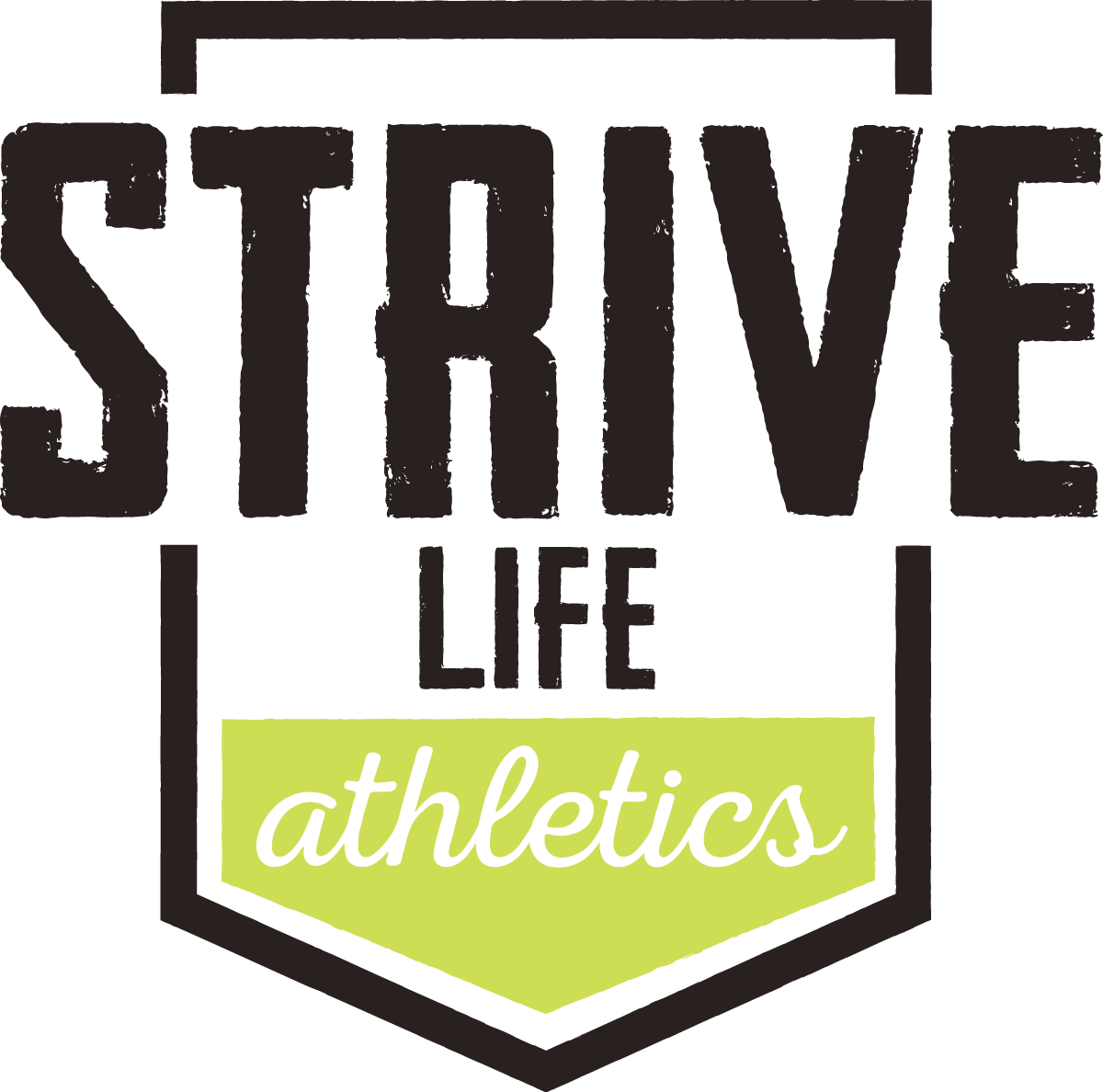Coaching is Teaching - Highlighting 4 Best Practices.
Embarking on a journey as a fitness coach is an exciting yet challenging endeavor. As someone with over 20 years of experience in all facets of the industry, I've come to realize that the key to success lies in embracing and consistently applying fundamental principles. After a recent certification and in anticipation of a corporate movement opportunity, valuable insights surfaced during conversations about the cycle of learning, teaching, leading, and coaching. It reinforced my belief that certain practices, honed over years of coaching diverse populations, are invaluable and deserve attention.
Teach it Right from the Start or Take the Time to Rewind and Rebuild:
One of the most crucial aspects of coaching is laying a strong foundation. Taking the time upfront to teach movements correctly can save both coaches and clients from a host of challenges down the line. Incorrectly performed movements, if not corrected promptly, can develop into poor movement patterns, potentially leading to injuries or limiting performance. Therefore, it is essential to set the precedent early, maintain a focus on proper execution, and resist the temptation to rush the process. In the grand scheme, investing time in the beginning pays dividends in longevity.
Stay Out of Corrective Movement Purgatory:
While addressing movement imbalances and limitations is crucial, it's equally important to avoid excessive focus on isolated corrections. Overemphasis on micro movements can place individuals in a corrective movement purgatory, hindering overall progress. Using the example of a squat, it's essential to assess the movement holistically, incorporating full repetitions before delving into specific corrective measures. Balance is key; striking the right equilibrium ensures efficient progress without getting bogged down in minutiae.
Get to Know the Athlete/Person, Get Personal and Create Simulation:
Building strong and lasting relationships with clients goes beyond just the physical aspect of coaching. Taking the time to understand an athlete's background, motivations, injuries, and daily life fosters trust and commitment. Moreover, incorporating elements that simulate their sport or fitness goals adds an extra layer of engagement. By providing a personalized touch and integrating relevant coaching cues, coaches can elevate the training experience and foster a deeper connection with their clients.
Teach Coordination Early in the Learning Process/Session:
The significance of coordination in movement cannot be overstated. Integrating coordination exercises early in the learning process or session serves a dual purpose. From a coaching standpoint, it allows for initial conversation and movement assessment, while athletes can work out early kinks and mentally prepare for the session ahead. Quick, targeted coordination activities, lasting only 2-3 minutes, can significantly enhance the flow of the entire session, contributing to improved movement pathways and proprioception.
Conclusion:
Aspiring and new coaches, the path to success in the fitness industry lies in mastering these timeless principles. Teaching movements with precision from the outset, avoiding corrective movement purgatory, forging personal connections, and integrating coordination early in sessions form the bedrock of effective coaching. These principles not only ensure client progress but also contribute to the coach's long-term success. In our Fitness Education programs, we delve deeper into these concepts, offering a comprehensive understanding that underlines our commitment to excellence in coaching. Embrace these practices, and witness the transformation they bring to your coaching journey.
Take action today and initiate the first step towards a successful fitness coaching journey. Schedule Your Free Discovery Call to learn more about our approach and how we can help you achieve your fitness coaching aspirations.
Best in Health,
Ryan
PS: Don't settle for outdated and uninspiring fitness coaching certification programs. Strive's fitness education is modern, engaging, and effective. Equip yourself with the right tools to become a successful coach and make a lasting positive impact.


